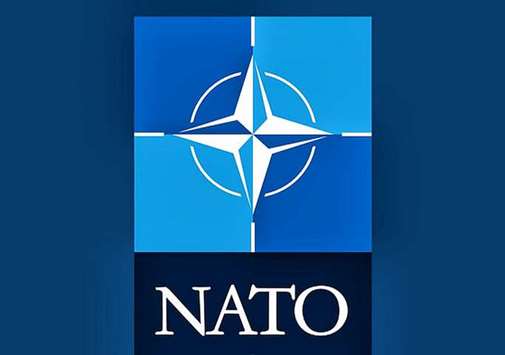Iceland Prime Minister Katrn Jakobsdottir has revealed that the experience of Qatar in defending its national security against cyber-attacks was discussed last Wednesday at 29th Nato summit in Brussels.
In remarks to a Qatar-based Arabic daily published yesterday, Jakobsdottir underlined that “cybersecurity is a very big challenge for us and we are meeting to discuss ways to protect our people from direct targeting through social networks and Internet websites, and ways to secure our government and private facilities and sovereigns,” from espionage, snooping and exploiting information to guide wars and attacks against our countries, as happened with Qatar, when its news agency official (QNA) website was hacked in May 2017. “This was exploited to launch the biggest political crisis in the Gulf region, the perpetrators of the crime were still exploiting it locally, regionally and internationally against Qatar, and also exploiting it to distort its image and reputation through “hackers and electronic flies” and had created an electronic war with rumours that fuel popular strife. This is dangerous, very dangerous,” she warned, noting that the threat to any country is not only military. “The risks are not only terrorist, but cybersecurity is as important as the war against terrorism and the protection of allied countries from colonial ambitions, the protection of consciousness, facilities and institutions and the protection of the minds of the masses is a very important goal. “
The Iceland PM said that the Nato summit had discussed ways to prosecute pirates and manipulators of state security through “cyber-attacks” and armies of what is known as “electronic flies”.
“We are all studying with the participation of Qatar on the basis of its recent experience - how to protect the member countries and participants of the dangers of the Internet, and how to prosecute and confront the manipulators and conspirators to stop such attacks and serious threats that almost caused a military campaign of hostility against a country like Qatar, and almost led to major political crises in Germany, France, Spain, Iceland and many countries,” she added.
“We are now facing a major challenge, and we all have to work against Internet wars, rumours and the dangers of directing the masses. We are required to protect our citizens from the dangers of polarising extremist organisations and catching them online. We will do it, along with distinguished allies such as Qatar, which certainly has an important experience to put forward and benefit from to secure our future states,” she noted. (QNA)

